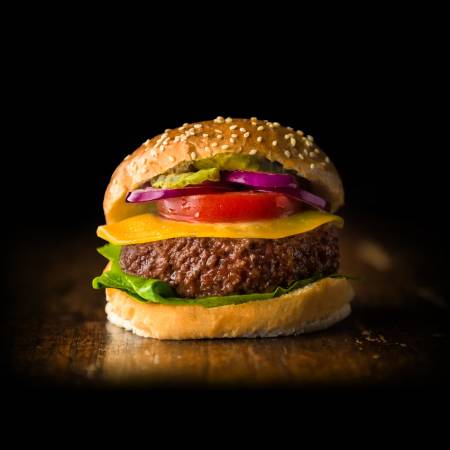The same foods you love made in a new way
Our coalition of food companies make meat, poultry, seafood, and ingredients that Europeans love with an innovative process known as cellular agriculture. We use a small sample of animal cells to grow meat, fish, and oils without growing the whole animal.
What is Cellular Agriculture?
Cellular agriculture is the process of producing animal-based foods and other products directly from animal cells and could be a valid and sustainable source of alternative proteins. The development of cellular agriculture is motivated by the need to develop a sustainable food production system, addressing the overuse of antibiotics, food and water safety, environmental footprint, and animal welfare.

Benefits
Low Climate Footprint
Our food production method requires little land or water and produces a fraction of the greenhouse gases that contribute to the climate crisis.Safe & Delicious
Our alternatives to conventional meat, seafood, and dairy are cultivated in clean, controlled environments that help to prevent contamination by germs or pollutants.Kind to Animals
Meat consumption is expected to rise by more than 50% as global populations grow and our process can help meet additional demand in a sustainable way.Robert E. Jones
President of Cellular Agriculture Europe
FAQ
What is cellular agriculture?
Cellular agriculture is the process of producing animal-based foods and other products directly from animal cells.
What are the products of cellular agriculture?
Cellular agriculture offers a wide range of products from cultivated meat, poultry, fish and seafood, to other animal-based products e.g., cultivated foie gras, eggs, dairy, other non-food products.
How are cultivated animal products made?
A small sample of animal cells is placed into a growth medium. The cells, nourished and stimulated by the growth medium, grow and develop into muscle, fat or other tissues to form meat and other animal products.
How does cellular agriculture impact animals?
Currently billions of animals are slaughtered for food every year. Cultivated meat and seafood can be made from a small sample of cells without the need to kill the animal.